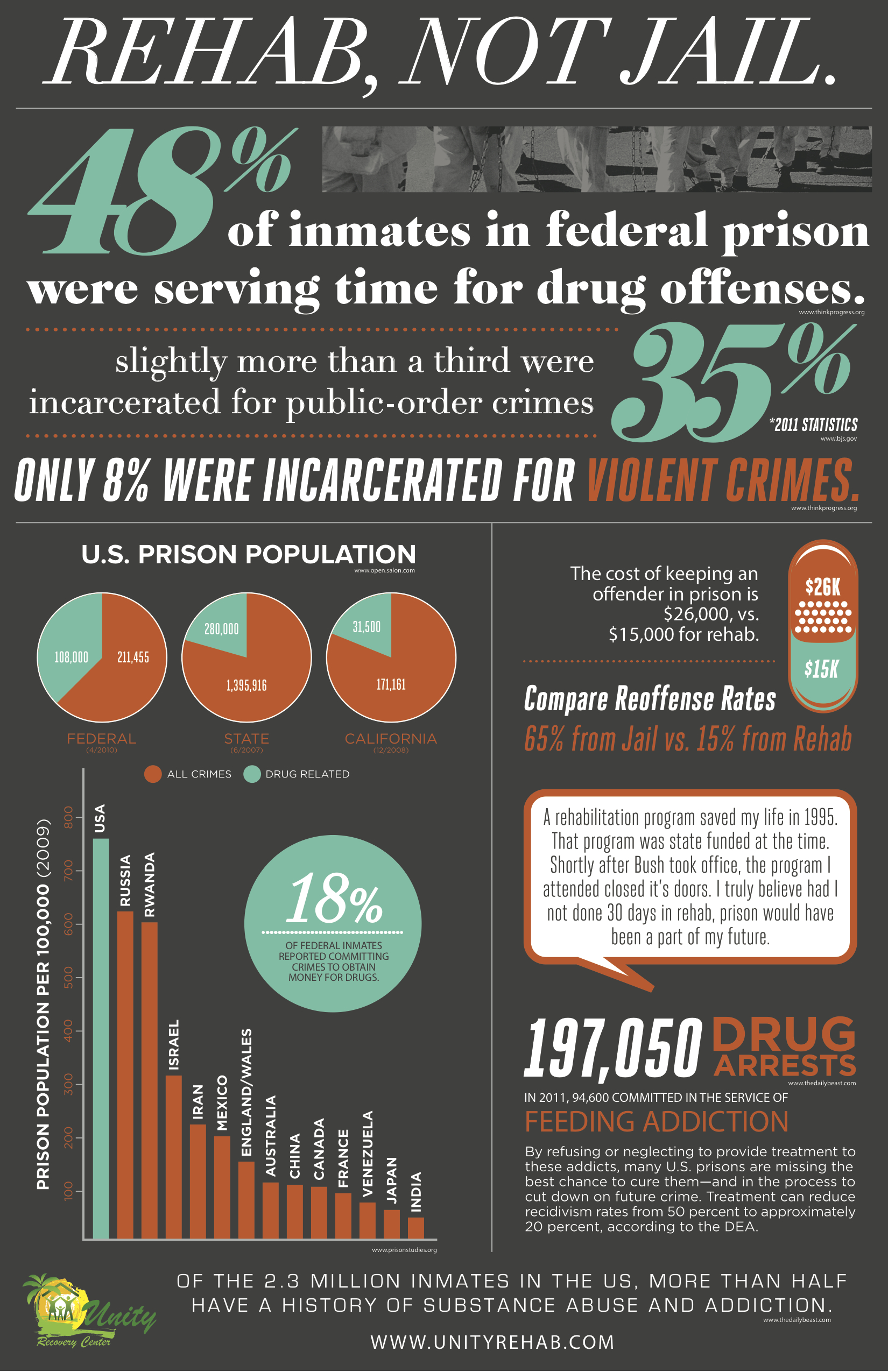After Finishing Drug Rehab, It's Important To Have A Solid Support System In Place To Make Certain Long-Term Recovery. Discover How Aftercare Programs Can Aid You Keep Sobriety And Develop A Fulfilling Life
After Finishing Drug Rehab, It's Important To Have A Solid Support System In Place To Make Certain Long-Term Recovery. Discover How Aftercare Programs Can Aid You Keep Sobriety And Develop A Fulfilling Life
Blog Article
Personnel Writer-Johannsen Eriksen
You can not do it alone. Healing from drug dependency needs a solid support group.
Web Site of aftercare in drug rehab can not be overstated. In this article, we will explore the role of counseling, the benefits of therapy, and the foundation provided by peer support groups in keeping soberness.
So, get hold of a mug of coffee, relax, and let us lead you through the essential actions of post-rehabilitation assistance.
The Duty of Therapy in Aftercare
If you want to maintain your sobriety after leaving rehab, it's important that you proceed participating in therapy sessions as part of your aftercare strategy.
Therapy plays an essential function in your healing journey by offering ongoing assistance, support, and a risk-free room to share your feelings and issues.
Through therapy, you can address any type of underlying concerns that may have contributed to your addiction, develop dealing methods, and find out healthier ways to take care of tension and cravings.
It allows you to overcome any kind of unresolved feelings and develop a much better understanding of yourself and your triggers.
The Benefits of Therapy in Keeping Soberness
To keep your sobriety, treatment can provide numerous benefits.
- Treatment offers a risk-free space for you to explore and attend to the underlying issues that may have contributed to your dependency.
- It allows you to resolve your emotions and develop healthier means of managing stress and anxiety and causes.
- Via treatment, you can gain a better understanding of yourself and your patterns of habits, which can aid you make favorable modifications in your life.
- Furthermore, treatment supplies you with a support group of specialists that are trained to assist and assist you on your journey to recovery.
- They can use valuable insights, tools, and techniques to help you navigate the obstacles that might develop.
- In treatment, you can learn to develop healthy and balanced coping skills, develop strength, and enhance your overall well-being.
Peer Support Groups: A Foundation for Lasting Recuperation
You can locate lasting healing by proactively joining peer support system and connecting with others who share comparable experiences and objectives.
Peer support groups give a risk-free and non-judgmental area where people in recovery can integrate to share their struggles, successes, and insights. By proactively taking part in these teams, you can get the support and support you require to stay on the course of recuperation.
Getting in touch with others who have actually gone through comparable experiences can be exceptionally encouraging, as it helps you understand that you aren't alone in your trip. It also allows you to learn from others who've efficiently gotten rid of similar obstacles. With each other, you can commemorate turning points, hold each other accountable, and deal support and recommendations.
Through these connections, you can build a strong support system that will certainly help you navigate the ups and downs of healing and ultimately locate enduring recovery and transformation.
Final thought
You have actually discovered the important duty of aftercare in drug rehabilitation. Therapy, treatment, and peer support system add to lasting recuperation. https://notes.io/wgiCz 's an incredible statistic to understand the magnitude of the issue: researches show that people who get aftercare treatment are 50% most likely to maintain sobriety compared to those that do not.
So, visualize the transformative power of these support systems in assisting individuals redeem their lives and build a brighter, drug-free future.
